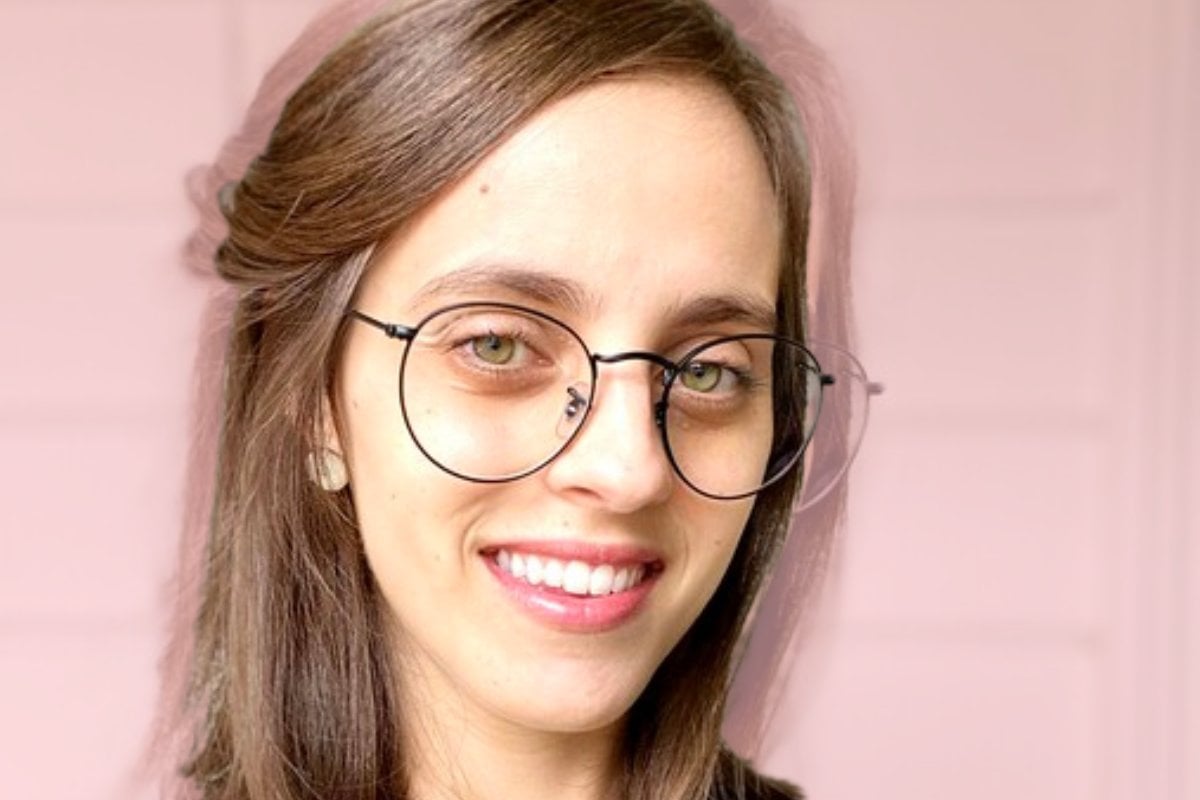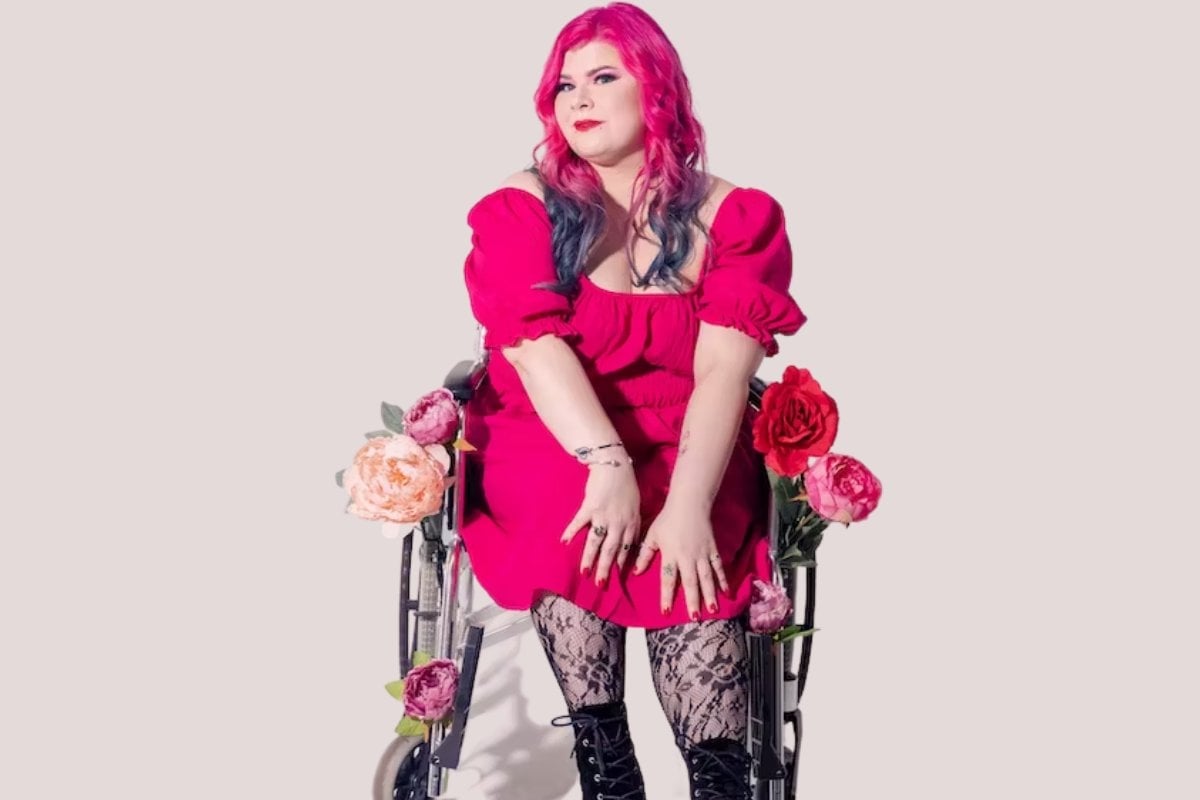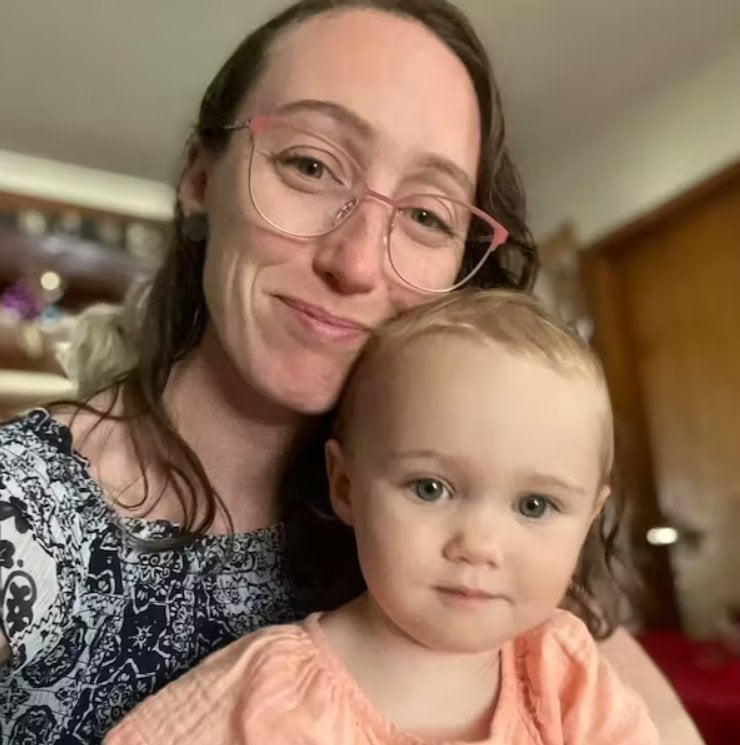
This article was originally published by Hireup. Read the original article.
Advocate and provisional psychologist Liel Bridgford shares how she – and two fellow women with disability – have experienced discrimination in Australia’s health system, highlighting the crucial need for anti-ableism practice in the medical space.
As a disabled health professional, I have experienced ableism countless times, both in my personal and professional life. Although the laws around discrimination are clear, enforcement of these in the health sector is lagging.
While pregnant, I once attended a general practice that had stairs leading to the consulting rooms, making access difficult and risky. The first midwife I met expressed such judgement about parents who have physical disability that I was left feeling worried for the rest of that pregnancy.
Watch: Heidi Haydon on life in a wheelchair. Story continues after video.
During one of the COVID lockdowns, I experienced a pregnancy loss and had to attend the hospital procedure alone, while being separated from all of my support networks. This traumatic experience took a toll on my mental health, and I requested time away from my work as a counsellor.































































































